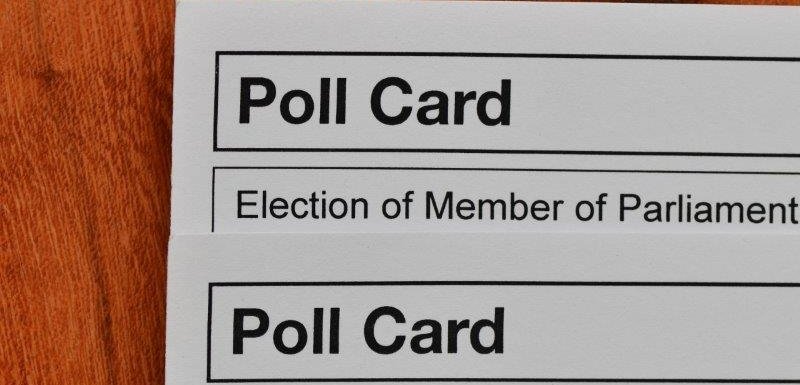
Electoral registers
This page helps you understand how you can make use of electoral registers while performing a search for a relative.
Why are electoral registers useful?
Electoral registers are most useful if you have a last known address for your relative. Although it is possible they have moved (particularly if some time has passed) it is worth checking if the person you are looking for is still living at that address, or if anyone else in the family is still there. Even if this is not the case the registers may be able to tell you when they were last at the address.
Since 2002 local authorities produce both the full register and the edited register. The edited version can be accessed using commercial software found at sites such as www.192.com (for a full list of these visit our resources section). The full register can also be viewed by anyone at the council offices for the area. This is called the “open register” and includes everyone who hasn’t opted out of allowing their information to be seen. Viewing the register is free but may not be cost effective to do in person if you do not live in the local area.
It may therefore also be possible to check the electoral register by telephoning the local library or council electoral registration office for the area of the address – you can find this at https://www.gov.uk/find-local-council. Some local councils provide electoral information freely and some make a charge for looking up the information on your behalf.
The local library may also hold past electoral rolls for their area or be able to tell you where they are held, such as the local reference library or County Record office. Older registers can help you trace how long a person stayed at a particular address, when and if they moved away, or whether there are longstanding neighbours. Libraries also hold street directories and phone books which are also a way of checking who lived at any given addresses.
Finally, Electoral rolls relating to previous years can be requested through the British Library in London. Several days’ notice is required for registers before 1984 and a reader’s ticket is necessary. For further details about the procedure, contact the British Library.
Please note that the Data Protection Act allows people to remove their details from registers to cut down on things like cold calling and junk mail. It’s possible that this may be the case and that registers available to the public may not be comprehensive.
Before you get in touch…
Even if you find out a family member is still at an address we would advise that you don’t approach them immediately. We recommend initially writing a letter to them introducing yourself and asking the person if they would like to be in contact with you. For more information regarding this, have a look at our section on Initiating Contact.